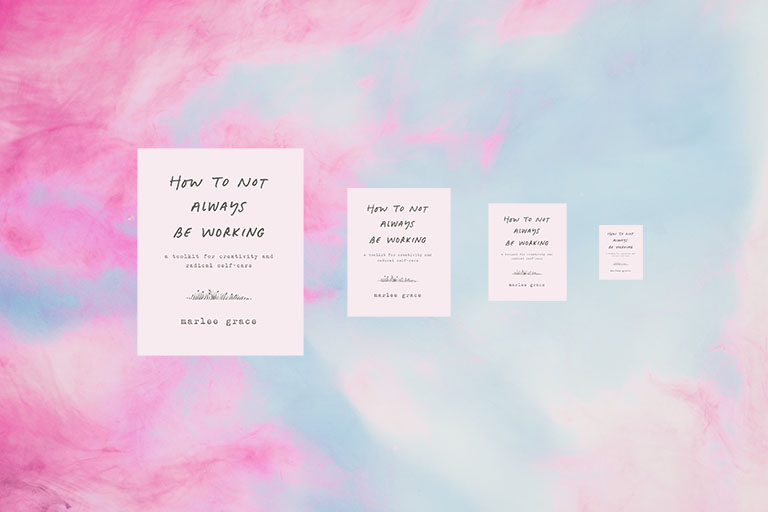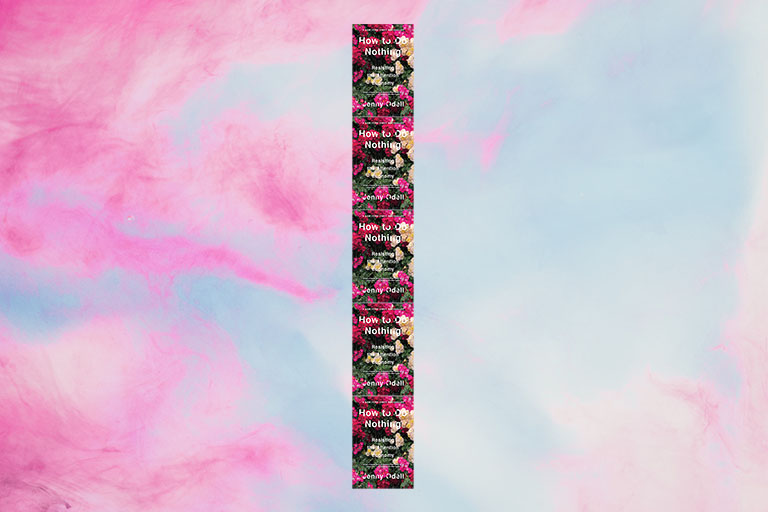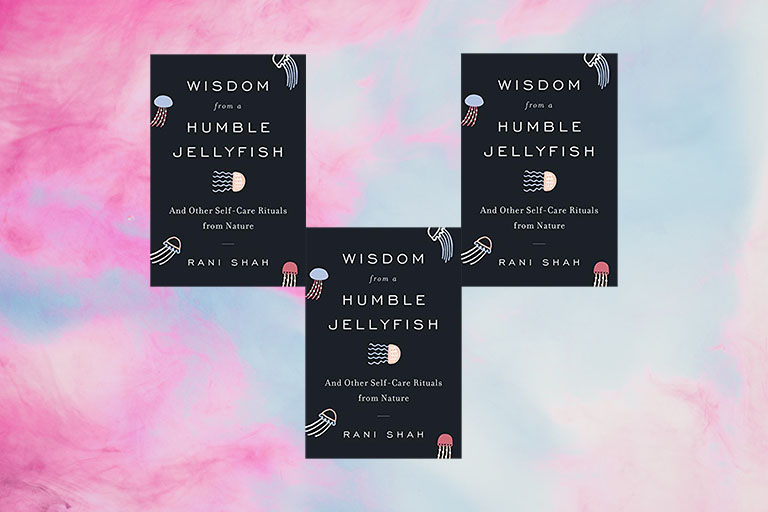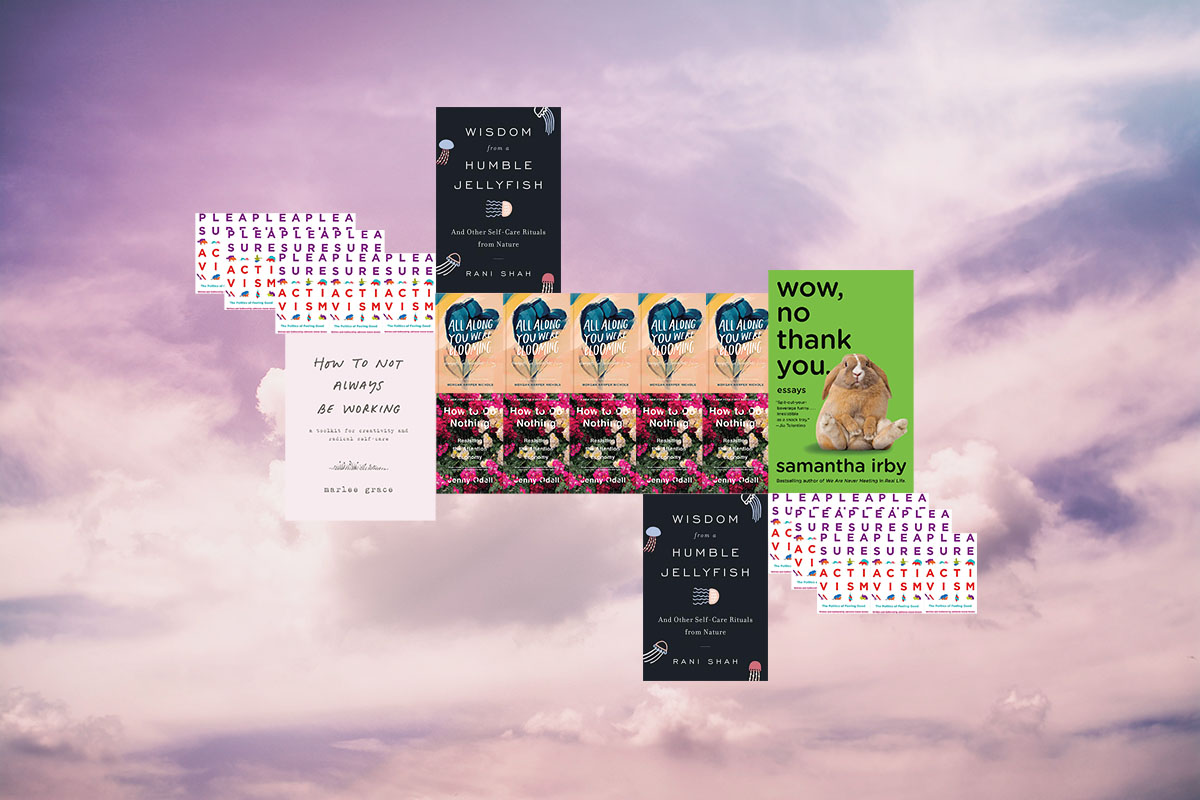By now, you’ve read all there is to know on the increasing numbers of COVID-19 cases in the US. You’ve refreshed your Twitter feed at least three times in a row before realizing that nothing new will appear on your screen. You knew not to wear masks before, and then you knew not to wear cloth masks, and now you know to make your own and send some off, if you can. You know essential workers are fighting to get hazard pay. You know how the virus does discriminate. You know that you don’t know how long this will last.
While the current realities of the pandemic are being covered by mainstream news, indie outlets, and people online, what lies ahead seems to be more of question mark.
What exactly is the new normal going to look like after all of this is eventually over?
Will universal healthcare become more widely accepted?
Will you be able to find a job in order to pay off the mounting stack of bills?
Are you supposed to pretend this never happened?
In the longterm, the effects of the health pandemic and subsequent quarantine are not entirely known. There is a study on the psychological effects of quarantine during the SARS outbreak in Toronto, Canada that found that 28.9% of respondents reported symptoms of post traumatic stress disorder (PTSD) and 31.2% reported symptoms of depression.
This study goes on to find that increased time in quarantine was associated with increased symptoms of PTSD, which “might suggest that quarantine itself, independent of acquaintance with or exposure to someone with SARS, may be perceived as a personalized trauma.”
Those who participated with a lower combined annual household income were also found to have increased symptoms of PTSD and depression.
A survey by the Chinese Psychology Society found that 42.6% of 18,000 people who tested for anxiety related to the coronavirus outbreak registered a positive response. Additionally, 21.5% of 5,000 people who were evaluated for PTSD were found to have “obvious symptoms”.
So, what now?
Taking care of your mental health during and after this time in quarantine (in isolation, in social distancing, in crisis after crisis) is of the utmost importance. Not for reasons related to increasing your productivity in order to return to work as unaffected (ahem, disaffected) as possible, or to foot race your way back into a mode of living that arguably, was unhealthy in the first place.
If this has shown us anything, it’s that the way we are living needs to change.
So, these are six books that I’ve rounded up that are all about addressing the long-term: how to make space for yourself in your life. How to engage with yourself outside of the terms that were set in place for you to objectively follow. How to exist without it being as a means for something.
Some of these books I’ve had my eye on for a while, and some of them I haven’t heard of until a few days ago. Some haven’t been released yet, and some are years old. “Old”. I have not read any of these books, although I am in my public library’s waiting line for most of these e-book versions.
Without any further ado: books.
Pleasure Activism, by adrienne maree brown

adrienne maree brown is a writer, pleasure activist, social justice facilitator, doula, and sci-fi/Octavia Butler scholar who wrote the widely-popular Emergent Strategy: Shaping Change, Changing Worlds. In 2019, she released another book that’s been topping reading lists as well: Pleasure Activism: The Politics of Feeling Good.
In this book, brown discusses what she calls “pleasure activism”, a black feminist politic of activism feeling good. This collection of essays is joined with insights from an array of writers, namely Audre Lorde, a renowned black feminist who penned “Uses of the Erotic: The Erotic As Power” in 1978. (Or at least, that’s when it was published.)
But still, what exactly does pleasure activism mean?
In an interview, brown discusses pleasure activism as “making justice and liberation the most pleasurable experiences we can have,” going on to clarify exactly why and for whom she wrote this book:
“…primarily for those who, through ancestral and current oppression, have lost touch with their natural right to it. We need to stay in visceral touch with what brings us aliveness, contentment, joy- so that we do not settle for suffering or fighting for crumbs.”
If you want to actively engage in laying claim to feeling good without it being snatched away, guilted out of you, or minimized, especially if you are a black, brown, or indigenous person of color who has been repeatedly robbed of your right for joy, brown is here with words of wisdom.
Pleasure activism holds this truth in its fibers, and as brown writes within these pages: “Feeling good is not frivolous. It is freedom.”
How To Not Always Be Working, by Marlee Grace

A self-described creative toolkit, How To Not Always Be Working by Marlee Grace is a book that addresses the spillover of work into every aspect of our lives and how to build boundaries around this that are in service to yourself. Initially written as a zine, Grace ultimately went on to have a book version published in 2018 that has since made the rounds from bookstore to bookclub.
Read More Co held an interview with Grace where she shares how the thoughts behind the book came to be, noting that she had been able to build a successful way of earning a living that involved most of her own personal interests. She picked up knitting as a hobby for herself, but soon started selling yarn at her shop and turning this act of self-care into another revenue stream, leading to her burn out.
How many times a day do you wonder how you can monetize something? Or browse Etsy or any number of vendors on instagram and think to yourself: I could make money doing that.
How often do you consider practices that could make you money as opposed to acts that could fulfill you by mere virtue of enjoyment?
For you, Grace writes in the introduction: “I offer these words as a hope and manifestation that rest and leisure and deep breathing are for everyone, not just the 1%, not just the enlightened, not just the privileged; they are for anyone who has two minutes. This book is not about self-care for the self, but self-care for the collective and liberation from the obsession of work.”
All Along You Were Blooming: Thoughts for Boundless Living, by Morgan Harper Nichols

Author, poet, and artist Morgan Harper Nichols first came onto the scene with her multi-panel instagram poetry, which has since transitioned from the screen to the page with her book All Along You Were Blooming: Thoughts for Boundless Living, a collection of illustrated poetry and prose that is meant to uplift and reassure you that your process is important, your substance is significant, and you are more than enough.
The description of the book posits that “…no matter how you want to race through this day or run away from this place, rest assured that you are invited to live fully-right here right now…in each small moment, whether in the light or the dark, you can make room for becoming, for breathing, for stumbling, and for simply being.”
With Iridescent Women, she goes a bit further into this idea of being tender with yourself and your process, whatever that is. When asked about what advice she would offer up to other creatives, she doesn’t dish out an efficiency-riddled routine, or promote some kind of face cream as responsible for her ability to sit down and create, but instead invites others to determine what’s right for them regardless of what that looks like.
“It’s a beautiful thing to be inspired by and to learn from others, but always remember that there is something about your voice and what you bring to your space, your market, or your community…there’s no one way of doing things, and just because you haven’t seen it done before [that] doesn’t mean it’s impossible.”
How To Do Nothing: Resisting the Attention Economy, by Jenny Odell

In How To Do Nothing, Jenny Odell writes about doing things without regard for how they will affect you in a capitalist lens. That is to say, how something can produce some kind of profit for you, whether that profit is money, social media followers, sponsorship opportunities, you name it.
In essence, Odell talks about doing things for the inherent value they have: the value that you attribute to it. (To be fair, that’s my take on it.)
She puts it best in an interview with the Seattle blog Town Crier, when the author is asked about what benefit her book offers its reader.
Odell responds, “I’m almost reluctant to answer this question because in our optimization-obsessed culture, we always want to know what the “results” are of our time spent doing something, and whether it’s worth it, in the sense that time is money. Truthfully, one of the benefits of doing nothing is that it allows you to step outside of constant cost-benefit analysis, and maybe allows you to see your life less as a product to be improved and streamlined, and more as the weird miracle that it is.”
Yeah. Sign me up.
Particularly, this online excerpt of her book puts the current situation into play when she discusses the shortsighted nature of temporary “fixes” to the drain that productivity creates in individuals. Think of those instances when you’ve heard someone mention they “have to get away for a while”, or a person has compared the state of their brain to fast-food due to the amount of work they have or expectations surrounding them: fried.
“All too often, things like digital detox retreats are marketed as a kind of “life hack” for increasing productivity upon our return to work. And the impulse to say goodbye to it all, permanently, doesn’t just neglect our responsibility to the world that we live in; it is largely unfeasible, and for good reason.”
Wisdom from a Humble Jellyfish, by Rani Shah

Writer and founder of Fuss Class News, a South Asian satire news outlet, Rani Shah is set to have her book Wisdom from a Humble Jellyfish release at the end of April 2020.
The book shares science on how animals interact with themselves and their habitats, and how humans can pull inspiration for their own self-care rituals. Touted as “your new favorite book about nature, animals, and self care”, Shah’s fact-based soliloquy on how humans can help themselves by learning from their animal friends is honestly, really cute given how dire the current circumstances feel.
In a blog post version of the book that originally published on Trello, Shah writes about how the vervet monkeys have a verbal alarm system when predators are nearing their community.
“What scientists find most interesting, however, is how vervets can distinguish between adult speech and juvenile speech. If a juvenile issues a warning, adults will wait until another adult verifies the juvenile’s message. Sound judgmental? It’s not; it’s because juveniles haven’t gotten the lingo and oftentimes confused the warning signals.
Instead of vilifying the juvenile, the troop understands that mistakes are a part of the learning process and use other adults as a feedback system.”
While the blog post does discuss some self-care tips in the name of increasing your efficiency, there are some valuable takeaways on the importance of self-care and how to take care of yourself regardless of how productive it makes you. In my opinion, anyway.
A fun, light read is the expectation here. And in heavy times, some levity can be more than welcomed.
Wow, No Thank You, by Samantha Irby

Samantha Irby, writer and infamous creator of the blog BITCHES GOTTA EAT, releases a collection of essays titled Wow, No Thank You, a sentiment that each and every one of us has absolutely felt during the last month. Before that, too.
In this book, Irby talks frankly about her life after leaving Chicago and moving into a small, white, conservative town in Michigan with her wife. She offers her take on capitalism, queer culture, living with chronic illness, and mental health, and is just absolutely hilarious.
So, this book doesn’t really seem to fall into the same genre as those listed above, which is why I saved it for last. But, hear me out.
In these essays, Irby is sharing what is both individual to her and relatable to others. Even though this may not fall under the “how-to” genre, or have a specific self-care message to send, the little that I’ve read of this book had me cackling to myself. Loudly. The cat was alarmed.
Take these lines from an essay she has on skin care, where she says what we are all thinking, influencers included:
“I live for a glamorous lifestyle blog featuring some gorgeous ingenue with piles of secret wealth that she never divulges to the unsuspecting slobs on the other side of the screen. How does she afford three-hundred-dollar eye cream if her job is listed as “freelance editor,” and why is it tossed so casually on her nightstand like she wouldn’t cry if she lost it?”
Making space for yourself means prioritizing your mental health. It also means laughing out loud while someone describes their ankle sweat. It means feeling good. (Thank you adrienne maree brown!)
Giving yourself room looks however you need it to look like. And I’m so excited for all of the stretching this book will allow me to do. Although the cat is concerned.
What are you reading to feel good?
